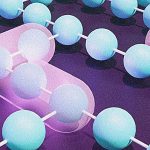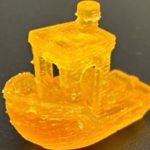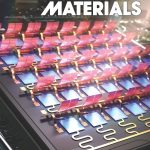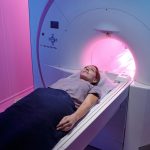How a classical computer beat a quantum computer at its own game
Researchers at the Flatiron Institute’s Center for Computational Quantum Physics (CCQ) have discovered why a classical computer was able to outperform a quantum computer...
This 3D printing material could create medical implants that disappear naturally
Researchers at Duke University have developed a new type of material for 3D printing that could pave the way for making biodegradable medical implants.
This...
New 3D smart device heats and cools to save energy
A team of researchers led by Professor Bonghoon Kim from DGIST has developed a “3D smart energy device” that can both heat and cool...
New tech makes songs invisible to AI, protecting artists from copycats
Generative AI has become so advanced that it recently completed Beethoven’s unfinished Tenth Symphony in a way that even music experts couldn’t distinguish between...
Gold structures could stop your smartphone from overheating
Have you ever noticed your smartphone or computer getting hot after using it for a while?
This happens because as electronic devices process and store...
Apple Intelligence will help AI become as commonplace as word processing
When Apple's version of AI, branded as Apple Intelligence, rolls out in October to folks with the company's latest hardware, the response is likely...
Revolutionary cooling material could slash data center energy costs by 65%
Scientists at The University of Texas at Austin have developed a new cooling material that could revolutionize how we manage heat in electronic devices.
This...
How AI can help you make a computer game without knowing anything about coding
Just as calculators took over the tedious number-crunching in math a few decades ago, artificial intelligence (AI) is transforming coding.
Take Kyo, an 8-year-old boy...
Older adults struggle to trust AI in health information
While most people over 50 turn to the internet for health information, a recent poll shows that 74% of them do not trust health...
MRI combined with AI can detect brain disorders more effectively
There is a growing interest in combining artificial intelligence (AI) with medical imaging to improve how doctors diagnose and monitor brain diseases.
One exciting area...










